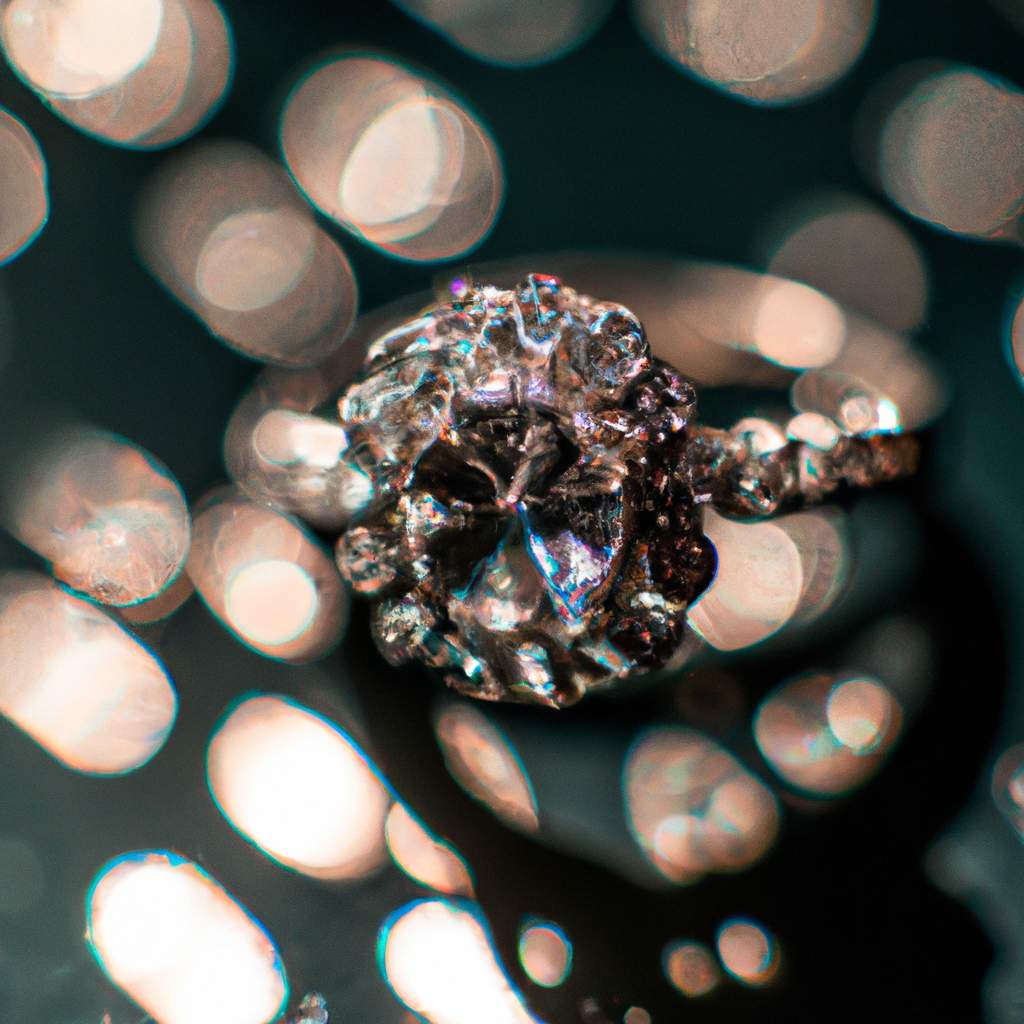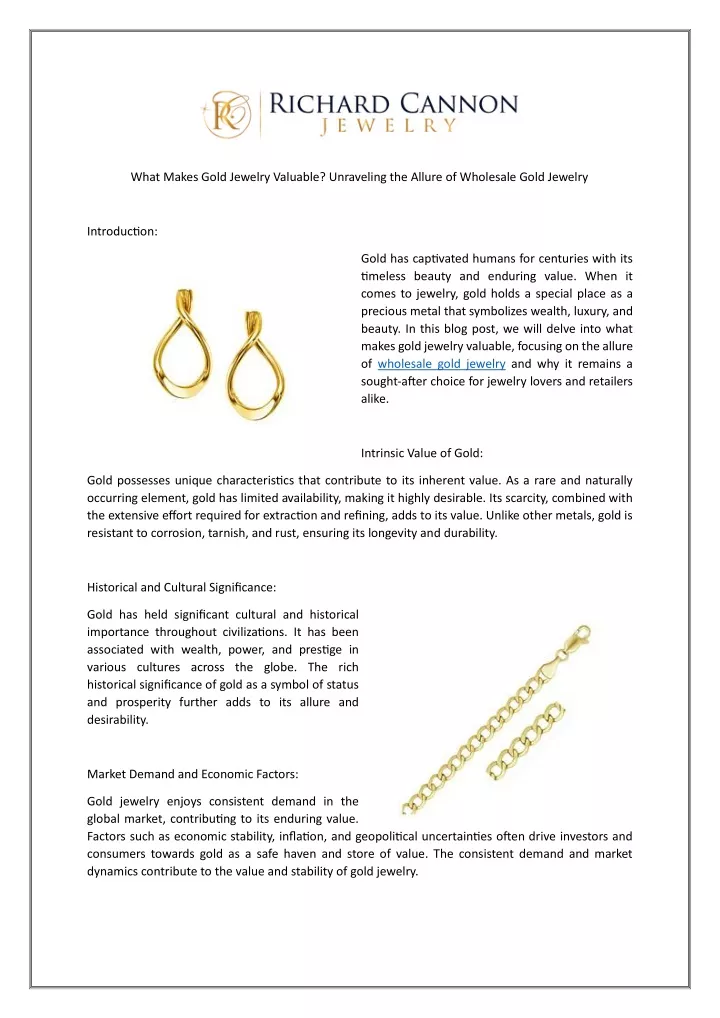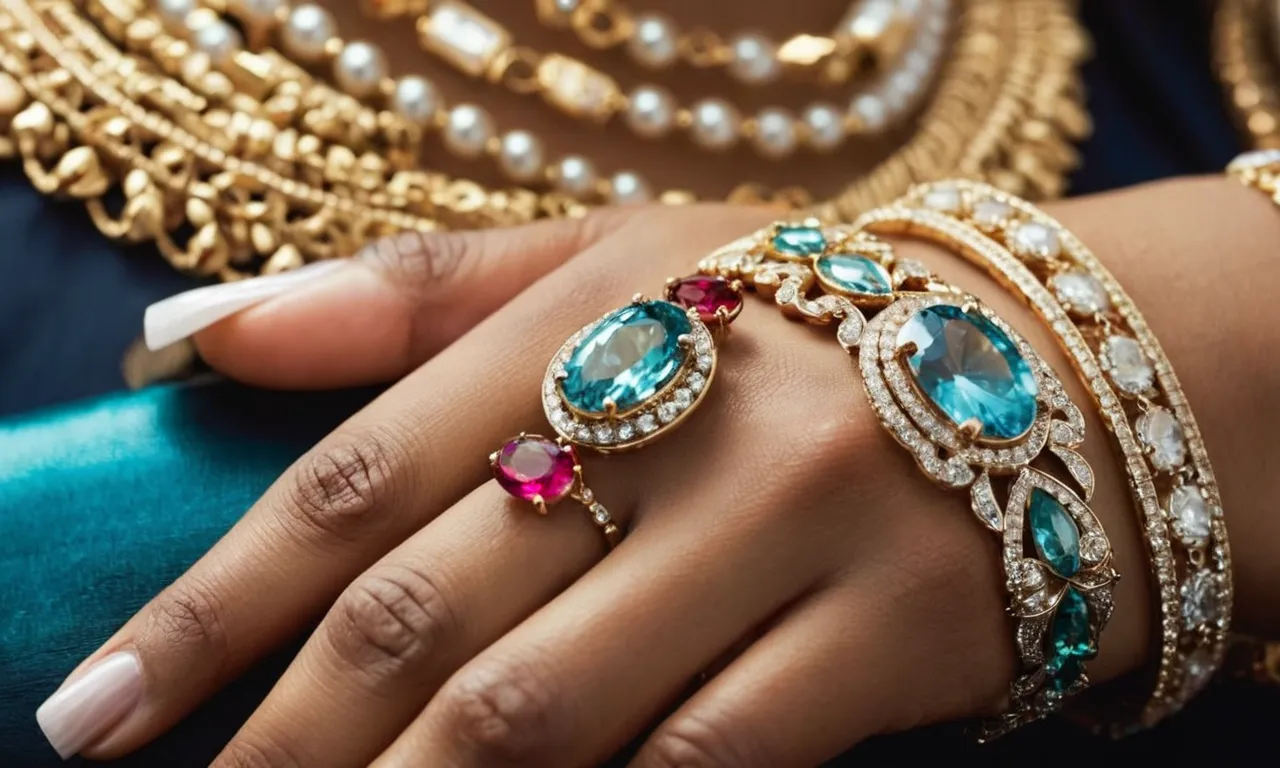Unraveling the World of Jewelry Assessment: A Comprehensive Guide
Related Articles: Unraveling the World of Jewelry Assessment: A Comprehensive Guide
Introduction
With great pleasure, we will explore the intriguing topic related to Unraveling the World of Jewelry Assessment: A Comprehensive Guide. Let’s weave interesting information and offer fresh perspectives to the readers.
Table of Content
Unraveling the World of Jewelry Assessment: A Comprehensive Guide

The world of jewelry is a fascinating tapestry woven with artistry, history, and value. Navigating this intricate landscape requires a discerning eye and a deep understanding of the factors that contribute to a piece’s worth. This is where the role of a jewelry assessor comes into play.
A jewelry assessor is a skilled professional who provides expert evaluations of jewelry, determining its authenticity, quality, and market value. Their knowledge encompasses a wide range of aspects, including:
- Gemology: Identifying gemstones, evaluating their quality (color, clarity, cut, carat weight), and understanding their market value.
- Metallurgy: Determining the purity and composition of metals used in jewelry, recognizing hallmarks and identifying potential issues like plating or repairs.
- Design and Style: Assessing the artistic merit and historical significance of jewelry pieces, recognizing trends and understanding the influence of different periods and cultures.
- Market Trends: Keeping abreast of current market trends, identifying fluctuations in gemstone and metal prices, and understanding the factors that influence the value of jewelry.
The Importance of Jewelry Assessment:
In the realm of jewelry, accurate assessment is crucial for various reasons:
- Insurance: When insuring jewelry, a professional assessment provides accurate documentation of the piece’s value, ensuring appropriate coverage in case of loss or damage.
- Inheritance and Estate Planning: Jewelry assessments are essential for determining the value of inherited pieces for tax purposes and estate planning.
- Buying and Selling: An assessment can provide an objective evaluation of a piece’s value, informing both buyers and sellers in negotiations.
- Authentication and Verification: A jewelry assessor can authenticate the origin and authenticity of a piece, ensuring its legitimacy and protecting against counterfeits.
- Investment: Jewelry can be a valuable investment, and an assessment can help investors make informed decisions, understanding the potential for appreciation or depreciation.
The Process of Jewelry Assessment:
A jewelry assessment typically involves the following steps:
- Initial Consultation: The assessor will discuss the purpose of the assessment, the piece’s history, and any specific questions the client may have.
- Visual Examination: The assessor will carefully examine the piece, noting its materials, construction, design, and any signs of damage or repair.
- Gemological Analysis: If the piece contains gemstones, the assessor will use specialized tools like microscopes and refractometers to determine their identity, quality, and value.
- Metallurgical Testing: The assessor may use methods like acid testing or X-ray fluorescence to determine the metal’s purity and composition.
- Research and Documentation: The assessor will consult reference materials, market data, and historical records to support their findings.
- Report Generation: The assessor will compile their findings into a comprehensive report detailing the piece’s description, condition, value, and any other relevant information.
Choosing the Right Jewelry Assessor:
Selecting a qualified and experienced jewelry assessor is crucial to ensure accurate and reliable results. Look for an assessor who:
- Is a Certified Gemologist: Credentials like the Gemological Institute of America (GIA) or the American Gem Society (AGS) demonstrate expertise in gemology.
- Has Experience in Jewelry Assessment: Look for an assessor with a proven track record of providing accurate and reliable assessments.
- Is Reputable and Trustworthy: Seek recommendations from trusted sources, check online reviews, and ensure the assessor has a professional and ethical approach.
Frequently Asked Questions by Jewelry Assessors:
1. What information should I provide when requesting a jewelry assessment?
- The history of the piece, including any known provenance or previous assessments.
- The purpose of the assessment (insurance, estate planning, etc.).
- Any specific questions or concerns you have.
2. What should I bring to the assessment appointment?
- The jewelry piece itself.
- Any accompanying documentation, such as receipts, certificates of authenticity, or previous assessments.
3. How long does a jewelry assessment take?
- The duration depends on the complexity of the piece and the scope of the assessment. A simple piece might take 30 minutes, while a more intricate piece might require several hours.
4. What factors influence the value of jewelry?
- The quality of the gemstones (color, clarity, cut, carat weight).
- The type and purity of the metal.
- The design and craftsmanship.
- The historical significance and provenance.
- Current market trends and demand.
5. How much does a jewelry assessment cost?
- Fees vary depending on the assessor, the complexity of the piece, and the scope of the assessment. It’s best to inquire about fees upfront.
Tips for Jewelry Assessors:
- Maintain Professionalism: Always present yourself as a trusted expert, providing clear and concise explanations to clients.
- Stay Up-to-Date: Continuously update your knowledge of gemology, metallurgy, market trends, and industry standards.
- Develop Strong Communication Skills: Communicate effectively with clients, understanding their needs and providing them with clear and informative reports.
- Maintain Ethical Standards: Adhere to professional codes of conduct, ensuring objectivity and transparency in your assessments.
- Build Relationships: Cultivate relationships with clients, providing excellent service and maintaining a positive reputation.
Conclusion:
The role of a jewelry assessor is vital in ensuring the accurate and reliable evaluation of jewelry. From insurance and estate planning to buying, selling, and investment, a professional assessment provides valuable insights and protects both individuals and institutions. By understanding the importance of jewelry assessment and seeking the services of a qualified and experienced assessor, individuals can navigate the world of jewelry with confidence and clarity.








Closure
Thus, we hope this article has provided valuable insights into Unraveling the World of Jewelry Assessment: A Comprehensive Guide. We thank you for taking the time to read this article. See you in our next article!